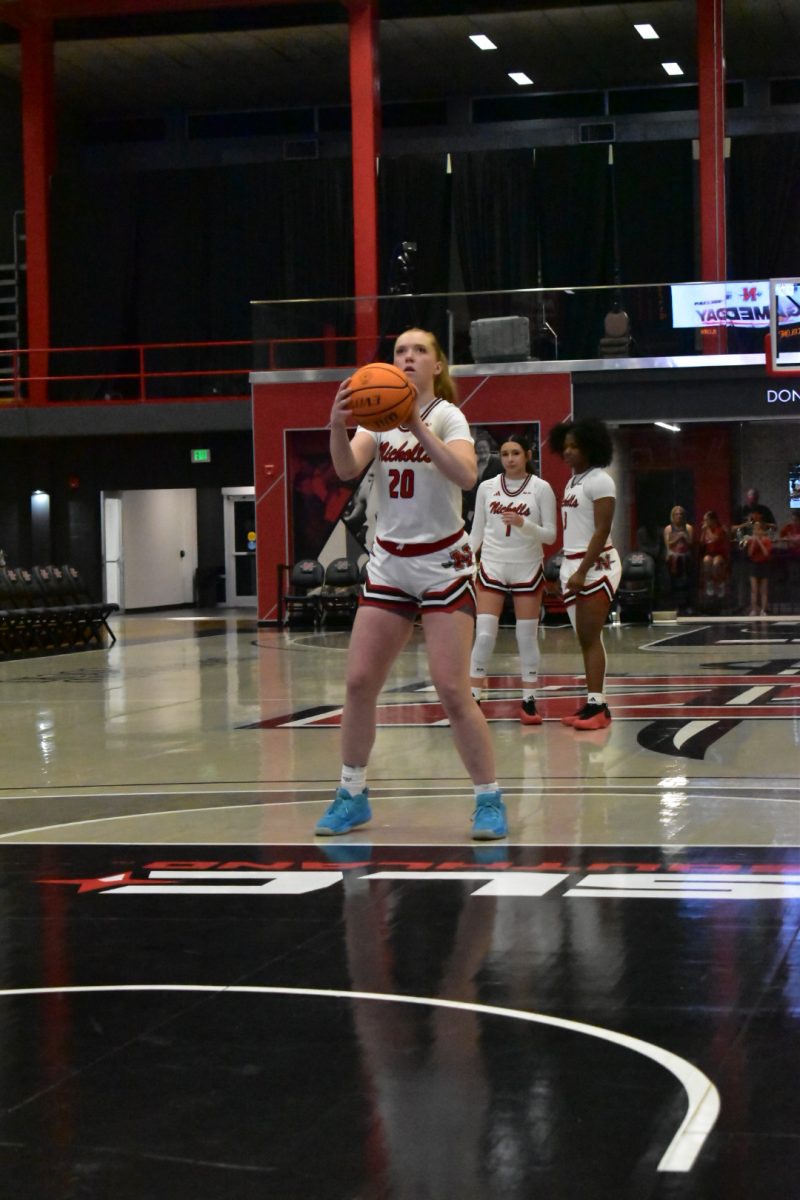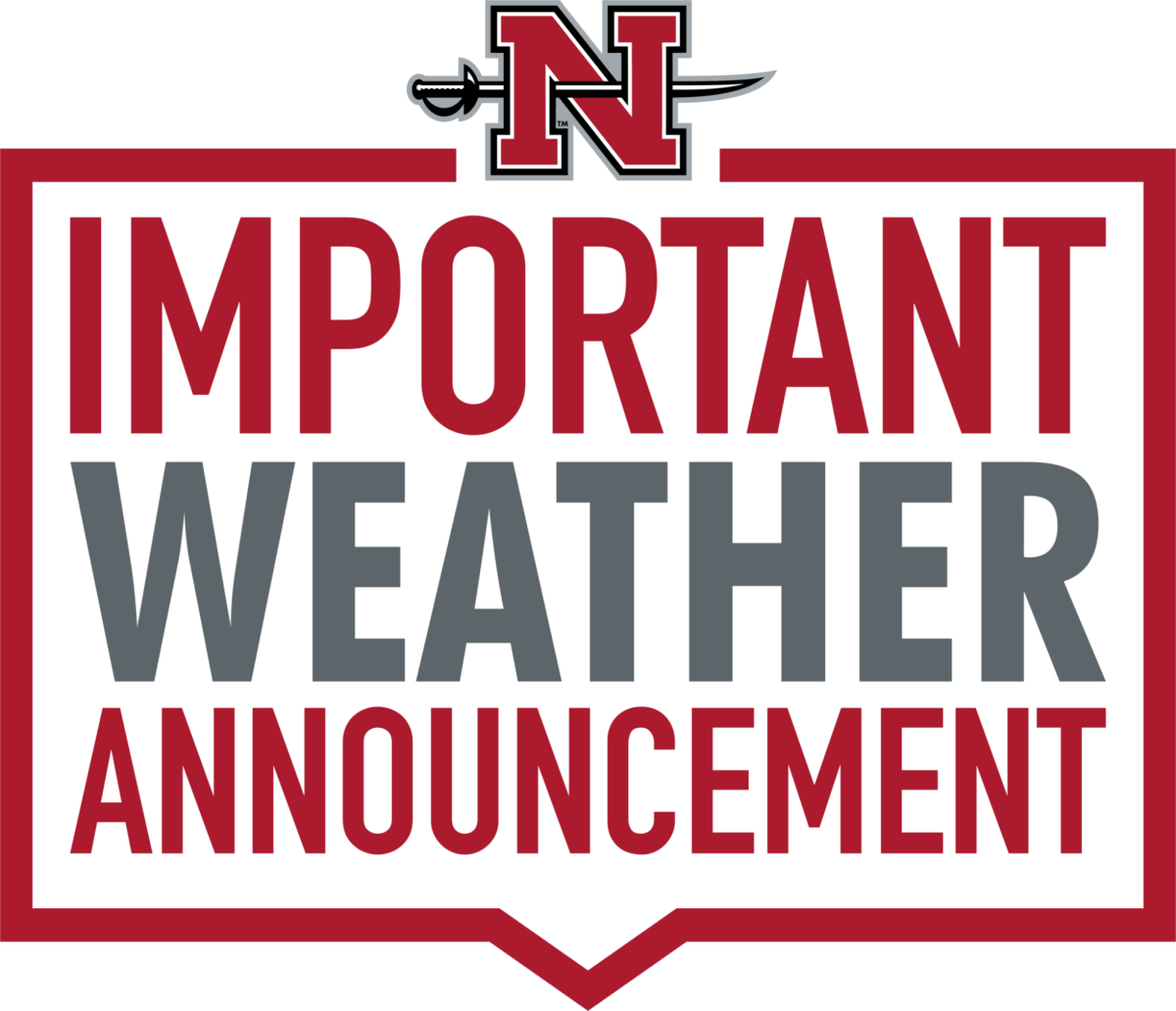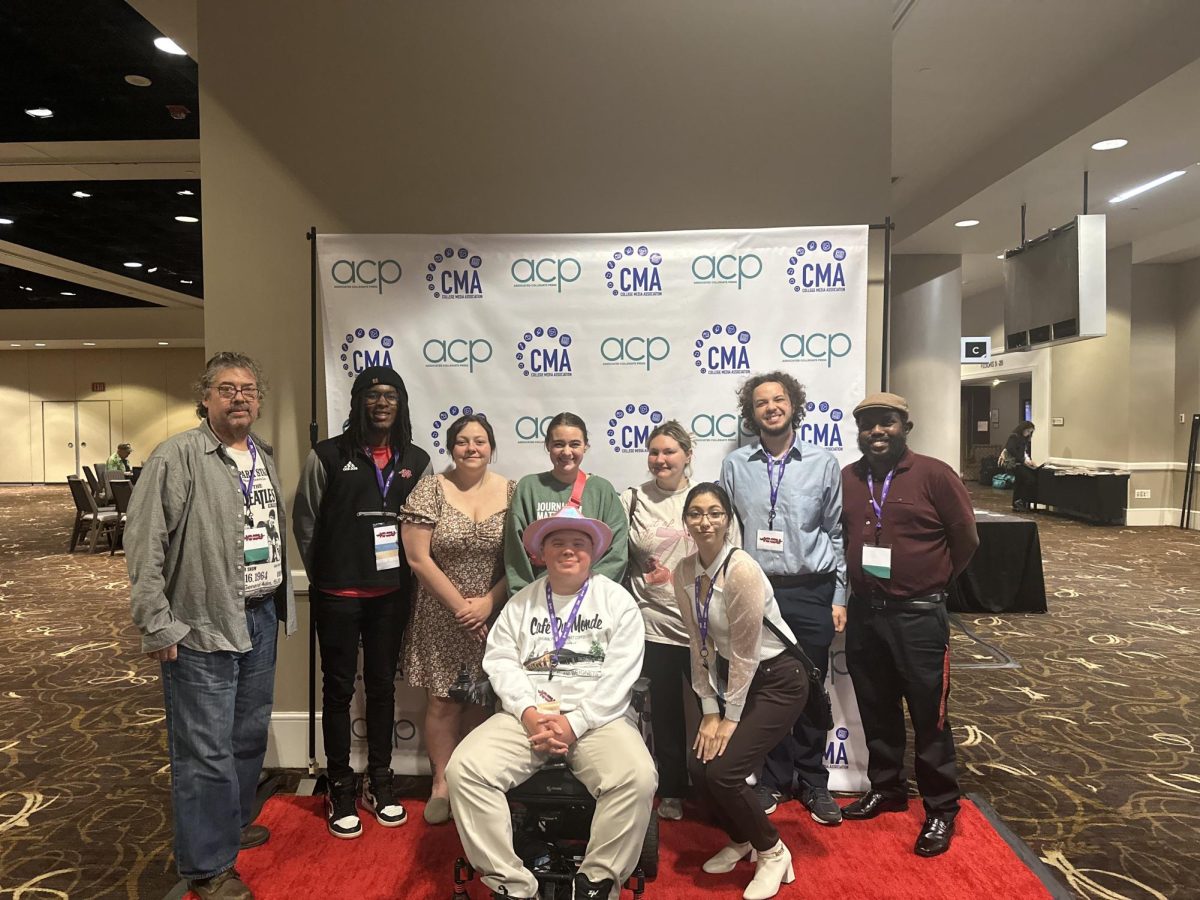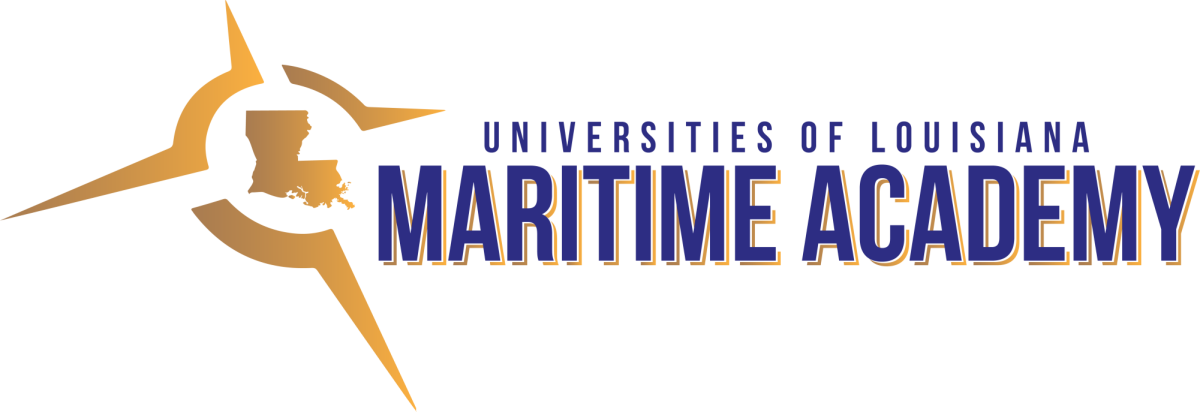25 students were denied admittance to the nursing program this semester even though the 22 faculty positions allocated in the Nicholls budget were filled.
Sue Westbrook, dean of life sciences and technology, said regulations set by the Louisiana State Board of Nursing mandate that there must be a one to 10 ratio when it comes to teacher-student relationships. This, according to the board, is to ensure positive direct patient care.
“It’s just not that easy to put one answer as to what controls how many students you can admit and progress; it’s a lot of things,” Westbrook said. “We’re (Nicholls nursing department) doing the best we can to accommodate the largest group with the resources we have.”
For the over two hundred-fifty current nursing students, the department of nursing offers an associate of science nursing degree, a bachelor of science nursing degree and continuing education in nursing. 40 students are admitted into the bachelor of science in nursing program each semester and 22 students are admitted into the associate of science nursing program.
The University cites several reasons for the faculty shortage affecting the nation. Lucrative opportunities in other marketplaces, expanding career choices for women and unrealistic role expectations can be traced back to low faculty numbers.
“It’s difficult to increase nurses out there (in the workplace) if you don’t have the qualified faculty to produce them,” Westbrook said.
According to statistics by nursing officials, the nursing department admitted approximately 95 students to both the Nicholls associate and bachelor nursing programs in 2002, a gradual decrease from 2000. Some reasons for the nursing shortage can be traced back to statistics showing fear of infectious diseases, such as AIDS and Hepatitis C, as well as a high stress working environment and chronic understaffing.
The problem the faculty shortage creates is a decrease in nursing students admitted to the nursing program. With studies reported in “Enrollment and Graduations in Baccalaureate and Graduate Programs in Nursing,”42 percent of schools surveyed cited an insufficient amount of faculty as a reason for not accepting all qualified applications.
The passage of the Nurse Reinvestment Act is a national effort to try and increase nursing faculty. The act hopes to increase scholarship money and students who wish to return to school to become masters prepared in nursing.
A state effort is also underway for nursing schools in Louisiana to increase faculty members. Schools are looking for unique and creative strategies for admitting students. Partnering with agencies outside the facility to fund further learning for graduate students, as well as approaching legislators for special appropriations in the way funding was suggested for possible relief.
According to national studies in the “New England Journal of Medicine” by the Joint Commission of Accreditation of Healthcare Organizations, the shortage of registered nurses is impacting the delivery of health care in the United States and is negatively affecting patient outcomes. Studies also show that the shortage is expected to intensify over the next decade as a large percentage of the current nursing workforce retires or leaves the field.
“I’m trying to take things one step at a time, and at this point I haven’t had any complaints with the Nicholls nursing faculty,” Anouchka Parisius, nursing junior from Houma, said. “I feel confident that I have and will continue to improve my skills to go out and help patients.
Despite nursing shortages, students denied admittance to nursing program
Ellen LeBouef
•
September 4, 2003
0
More to Discover







